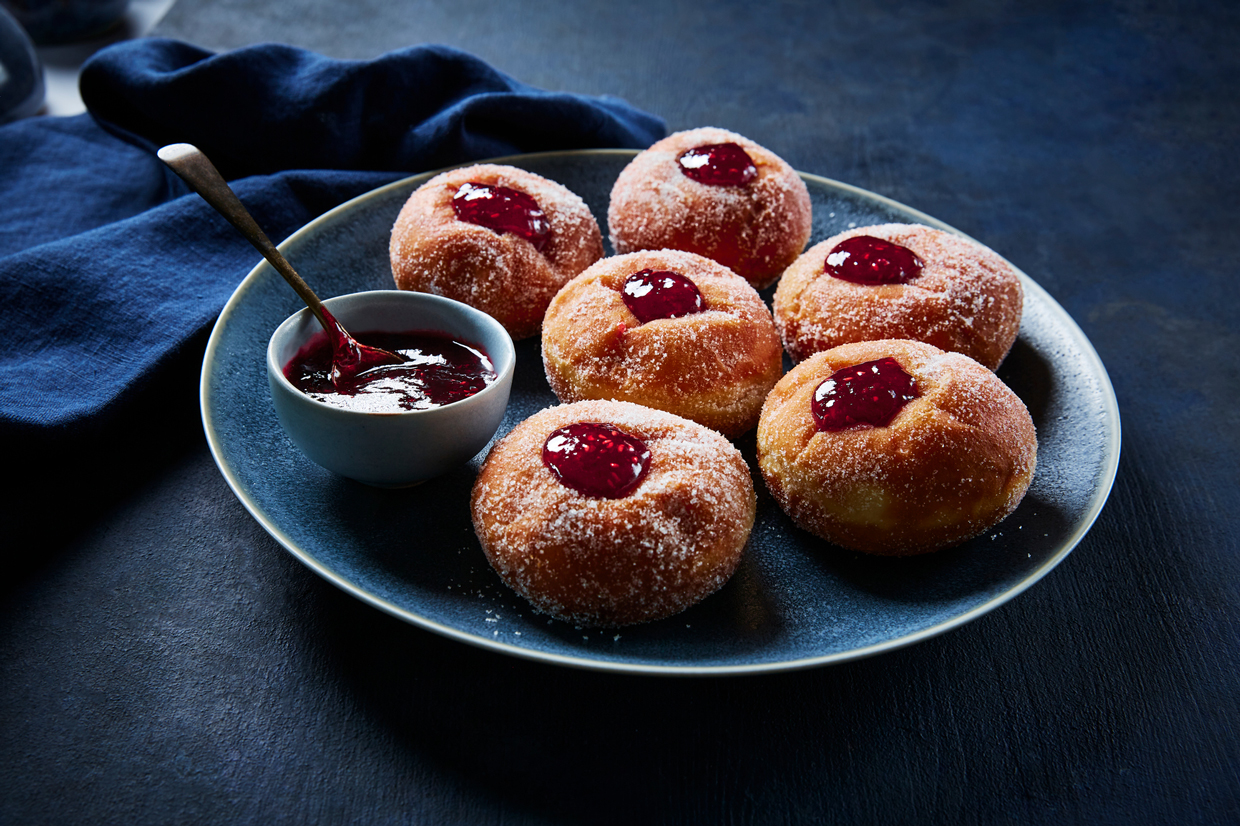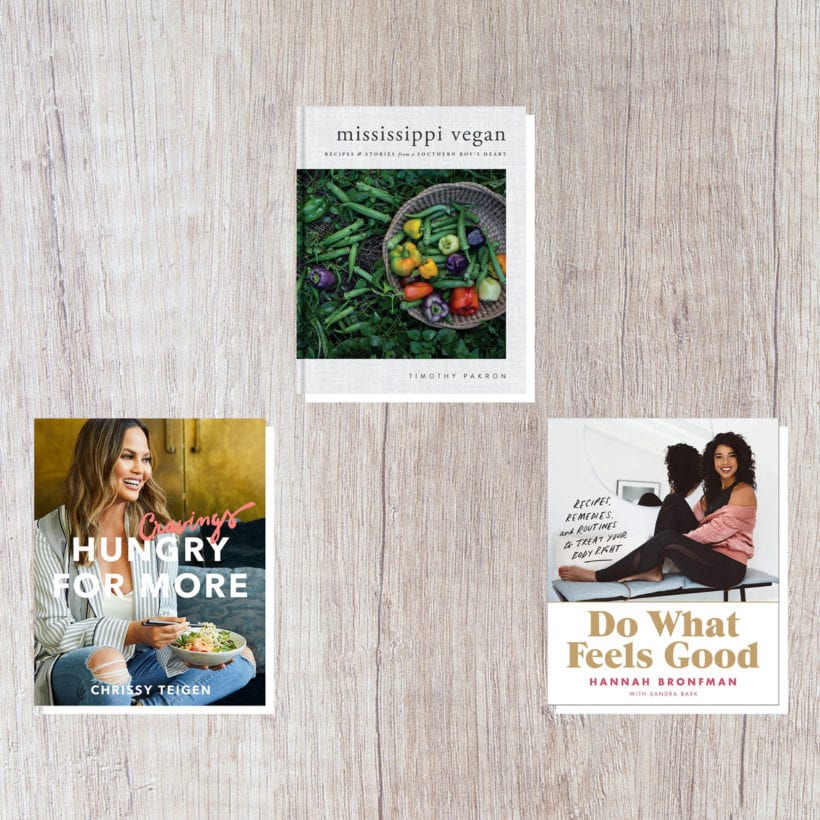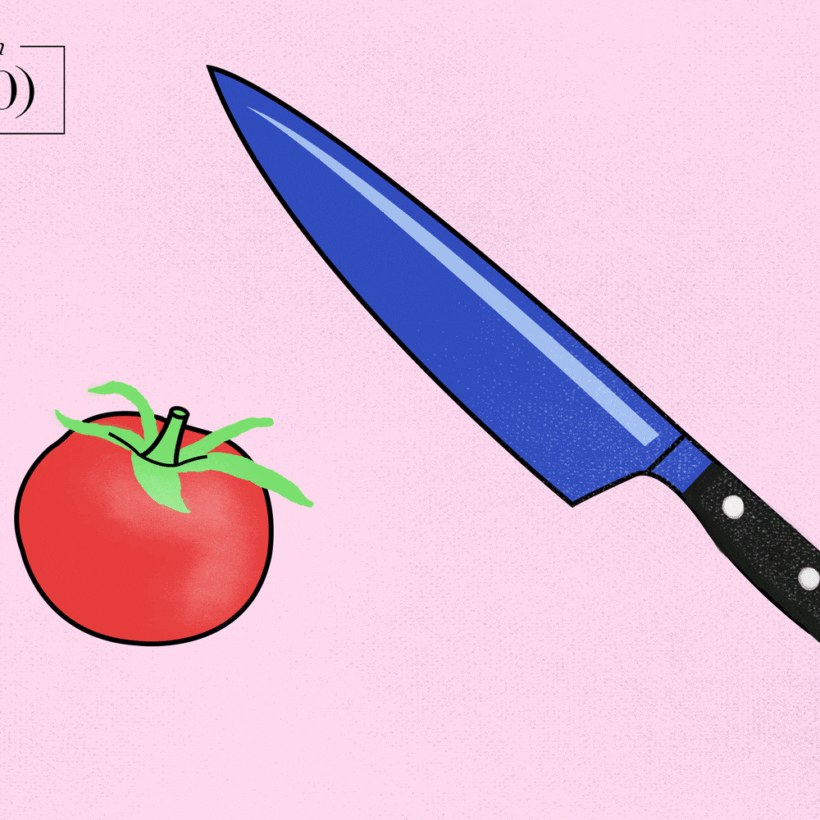This season, we’re focused on foods and recipes that nourish us from the inside out and, of course, are as mouth-watering and flavorful as they are healthy. Up ahead, we share why it’s important to eat seasonal foods during the cold weather months, plus our favorite winter cookbooks to help us do so.
What to Eat in the Winter
While eating seasonal all year long is beneficial, it’s even more important to be mindful of this practice during the cold winter months. This ensures our body has enough vitamins, minerals, and nutrients to keep us healthy and keep colds at bay because seasonal produce “is fresher, tastier, and more nutrient-dense,” explains Jennifer Maeng, MS, RD, CDN, CNSC, a registered dietitian and founder of Chelsea Nutrition.
Since many people tend to see less sunlight during the cold weather months, and this is “associated with a decrease of serotonin in the brain,” Maeng says to reach for fall and winter foods with tryptophan, “an important precursor in the production of serotonin.” Ingredients such as kale, sweet potato, broccoli, and pumpkin are excellent sources of this vital nutrient.
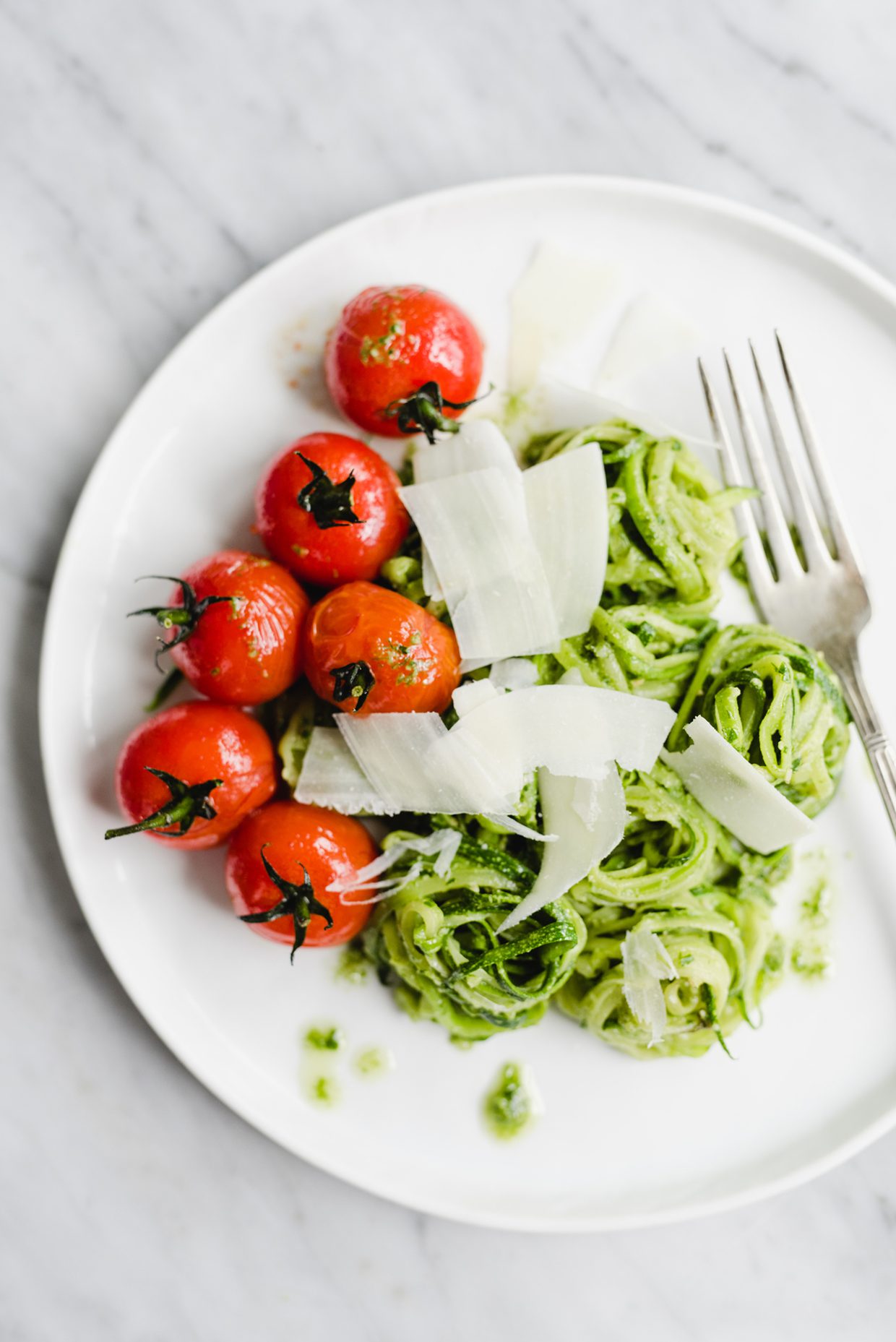
Immunity-boosting foods are also crucial since winter months typically consist of more time spent indoors with poor ventilation and … germs. Maeng says foods high in vitamin C can help combat those cold-causing bacteria and strengthen the immune system. Foods rich in vitamin C include citrus fruits, kiwi (fun fact: kiwi has almost double the amount of vitamin C compared to orange), squash, garlic, and “cruciferous vegetables like Brussels sprouts, kale, and broccoli” are great additions to any winter meal.
Another common winter woe is dry hair and skin due to the lower temperatures and lack of humidity. Tricks like sleeping with a humidifier on and incorporating nourishing moisturizers and conditioners into your beauty routine can combat these concerns, but you can also hydrate from within. “Omega-3 is great to add to your diet during this time as it has anti-inflammatory properties and is thought to regulate oil production in our skin,” explains Maeng. “Fatty acids influence the health of the cell membrane and its ability to hold water,” adds Maeng. With that in mind, she recommends snacking on nuts such as walnuts as they are rich in omega-3 fatty acids.
Something we might not consider in winter (but should) is increased inflammation and how it impacts our health. Maeng explains that, according to a University of Cambridge study, “the activity of thousands of genes in our body changes from summer to winter [and] seasonal variation in our health may come down to changes in our immune function.” With that in mind, “our immune systems appear to put us at greater risk of disease related to inflammation during the winter months.” Maeng says that choosing more anti-inflammatory foods during the winter can help with these changes and prevent concerns. “Seasonal winter produce such as leafy greens, citrus fruits, kiwi, squash, and sweet potato are rich in antioxidants and carry anti-inflammatory benefits,” she explains.
Meet the Experts
Jennifer Maeng, MS, RD, CDN, CNSC is a registered dietitian and founder of Chelsea Nutrition.
As far as recipes go, Maeng recommends upping your soup game, switching from cold to warm salads, and consuming lots of roasted squash and sweet potato during the colder season. “In addition to keeping us warm, soup is a versatile way to pack in nutrients and stay hydrated,” Maeng explains, noting that many cultures around the world consume soup during the winter for this reason. “Squash and sweet potato are low glycemic index foods that are shown to help regulate blood pressure and reduce markers of inflammation,” she adds. And, as for warm salads, Maeng says mixing leafy greens (like kale, spinach, and swiss chard) with warm whole grains and other in-season veggies makes for a high-fiber and nutritious meal.
The Best Winter Cookbooks to Try This Season
One good thing about cold weather is it’s the perfect excuse to stay home and nourish your body with a cozy winter meal. The following winter cookbooks are packed with excellent seasonal and year-round recipes from around the world.
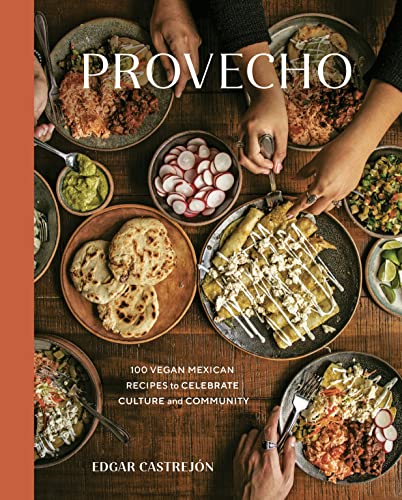
Edgar Castrejón’s "Provecho"
We love this vegan cookbook for its plant-based take on favorite Mexican dishes, from sweet potato and kale tacos to apple empanadas. And, all of the yummy seasonal ingredients are a nice plus.
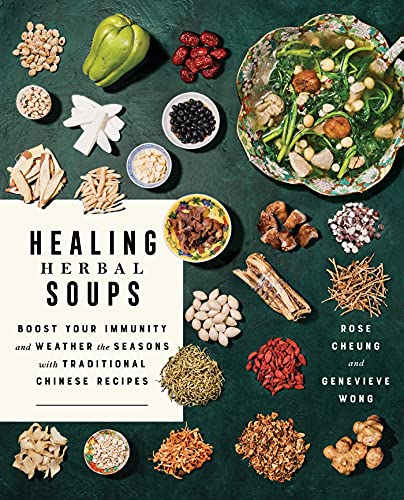
Rose Cheung’s “Healing Herbal Soups”
As Maeng mentioned, soup is an excellent dish to have on rotation during the winter season. We love this immunity-focused soup cookbook featuring traditional Chinese recipes and healing herbal remedies.
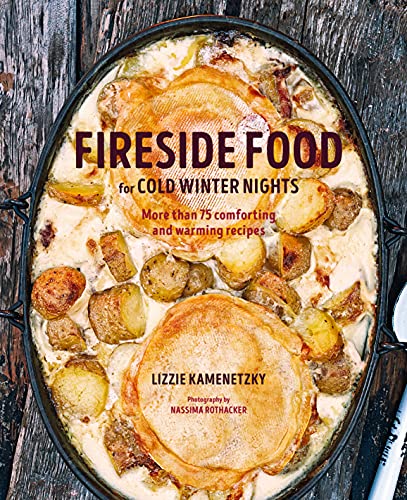
Lizzie Kamenetzky’s “Fireside Food for Cold Winter Nights”
From delicious slow-roasted meats to rustic desserts, this seasonal winter cookbook boasts recipes made for cozying up by the fire with the ones you love.
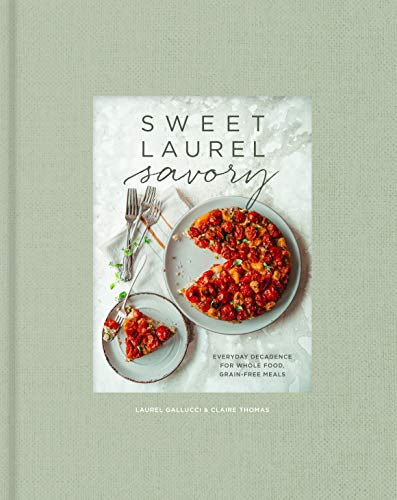
Laurel Gallucci and Claire Thomas’s “Sweet Laurel Savory”
Known for their delicious allergy-friendly desserts, this savory cookbook boasts the same grain-free and dairy-free theme with classics such as pizza, pasta, burgers, and a zucchini tart we crave regularly.

Kelley Epstein’s “Après All Day”
Filled with hearty cold-weather recipes and an après ski vibe, this winter cookbook was made for anyone who loves a snow day in the mountains.
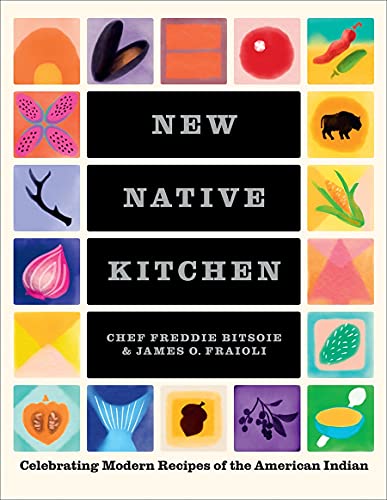
Freddie Bitsoie and James O. Fraioli’s “New Native Kitchen”
From soups to spiced meats, this Indigenous cookbook combines heritage recipes with modern practices to bring delicious and nourishing coast-to-coast dishes to home cooks everywhere.
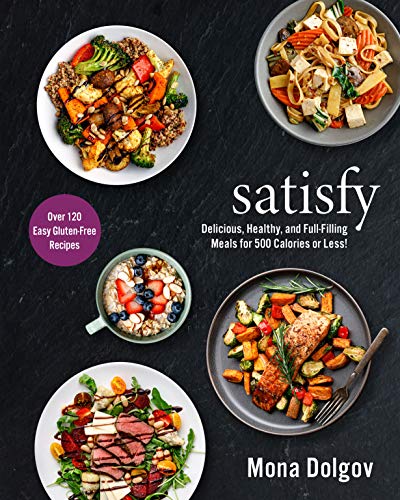
Mona Dolgov’s “Satisfy”
Featuring gluten-free recipes for an anti-inflammatory approach to cooking, this healthy cookbook is all about nutrient-dense meals that pack a punch of flavor.
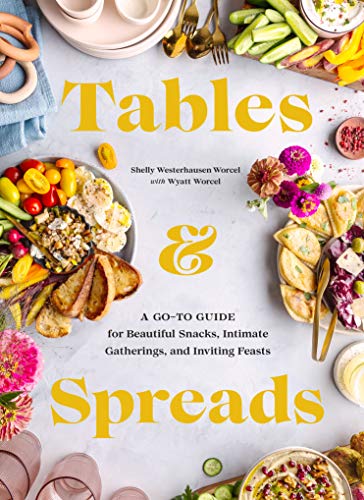
Shelly Westerhausen Worcel and Wyatt Worcel’s “Tables & Spreads”
We love this graze-worthy cookbook on snacks and spreads for gatherings with loved ones.
We only recommend products we have independently researched, tested, and loved. If you purchase a product found through our links, Sunday Edit may earn an affiliate commission.
